The horrors of slavery, 1805 Gilder Lehrman Institute of American History
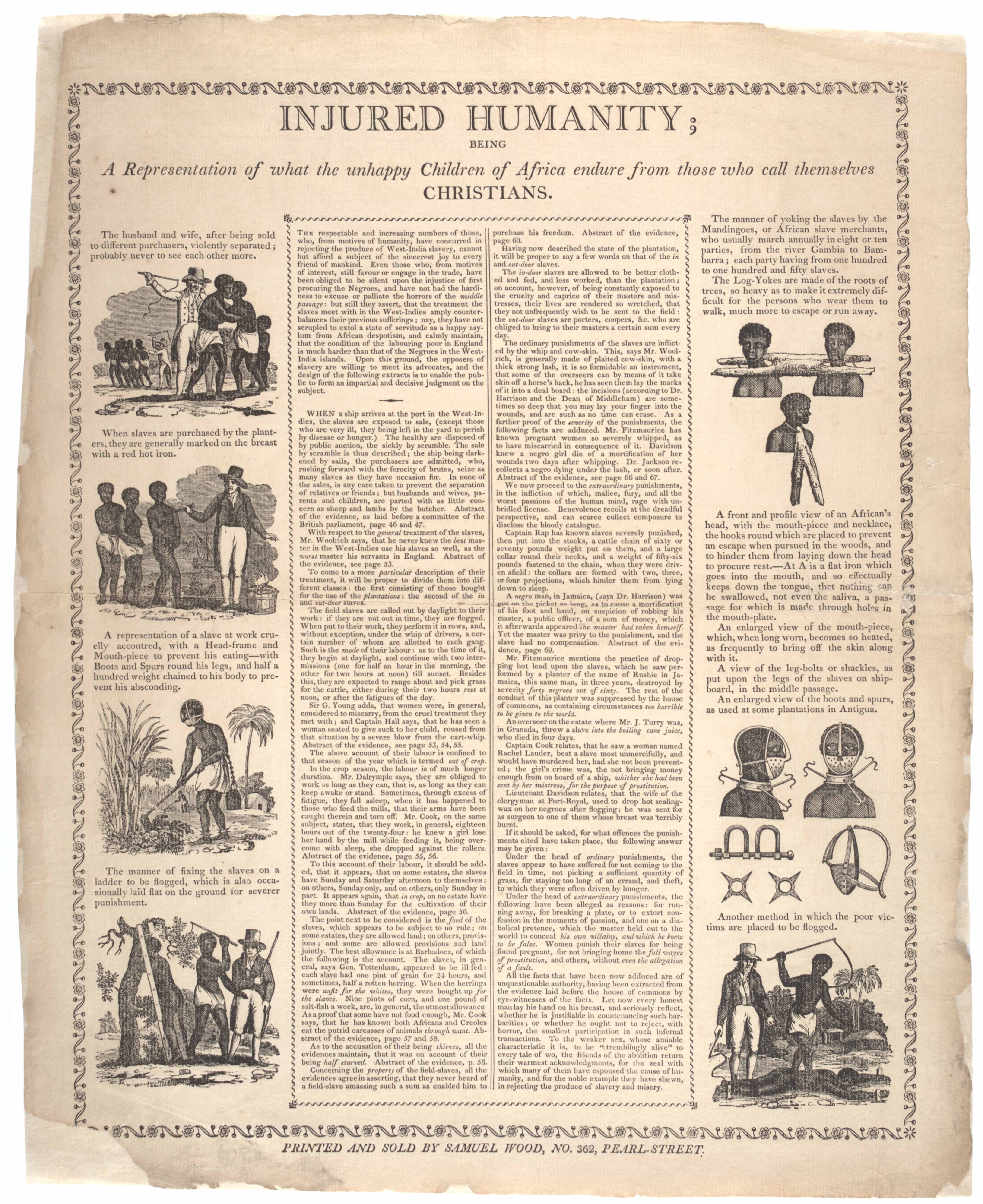
The horrors of slavery, 1805 | | Originally circulated in 1805 to educate the public about the treatment of slaves, this broadside, entitled "Injured Humanity," continues to inform twenty-first-century audiences of the true horrors of slavery. As evidenced by this document, early abolitionists decried the slave trade before it was abolished by an 1807 act of Congress. "Injured Humanity" was intended to shock readers and called on the conscience of citizens to "reject, with horror, the smallest participation in such infernal transactions." This broadside was printed in New York City by Samuel Wood, a prolific Quaker-reformist printer. The text refers to a the publication of An Abstract of the Evidence Delivered before a Select Committee of the House of Commons in the Years 1790 and 1791; on the Part of the Petitioners for the Abolition of the Slave-Trade (London: James Phillips, 1791). The descriptions of the slave trade and treatment of slaves are brought to life by seven strikingly vivid vignettes depicting slaves being whipped, sold, tortured, and separated from their families. A full transcript is available.
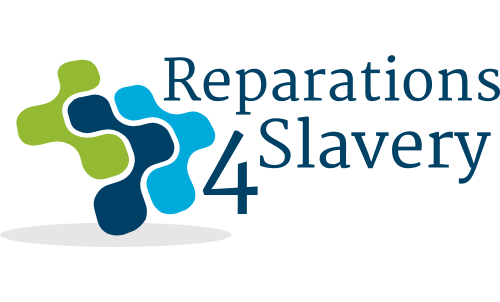
History of Slavery and Institutional Racism, State by State — Reparations 4 Slavery

Sarah and Angelina Grimké Brad Fortunato & Tess Madarasz. - ppt download

Atlantic slave trade - Wikipedia

American Antislavery Literature, 1688 to 1865: An Introduction

A Fashion for Abolition - Commonplace
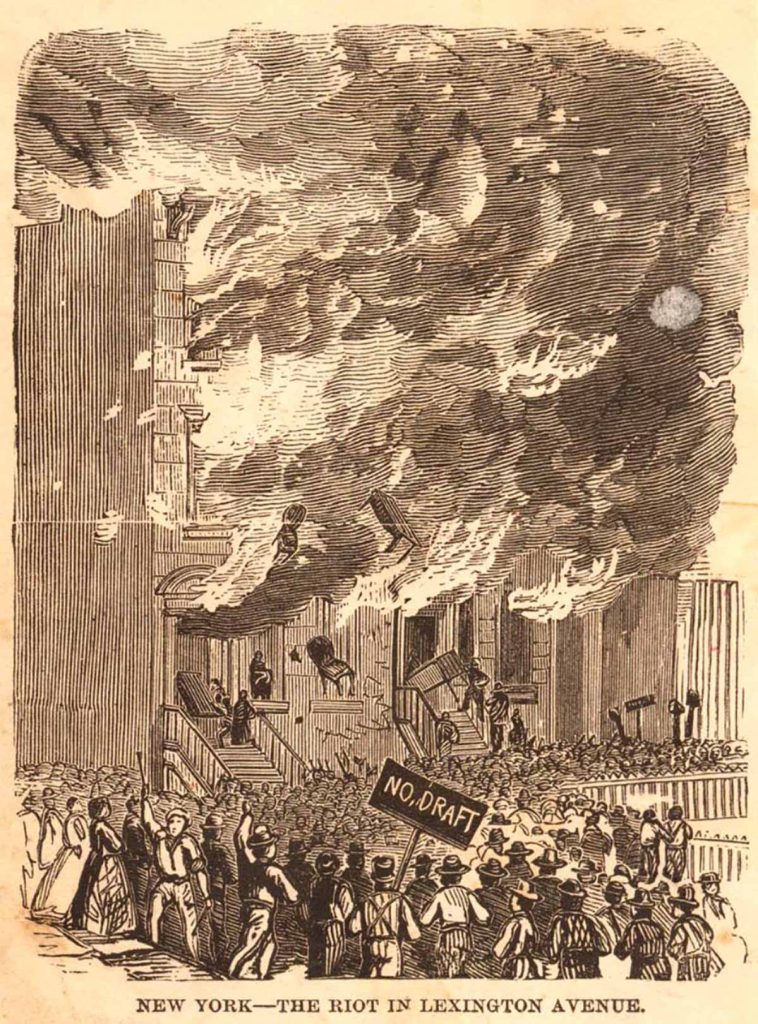
Boston, Massachusetts - The Transatlantic Slave Trade
/https://tf-cmsv2-smithsonianmag-media.s3.amazonaws.com/filer/16/3e/163ee65e-ef41-4140-970e-fff6b30394f0/b8nfm3.jpg)
Thomas Jefferson, Aaron Burr and the American Way of Treason, History
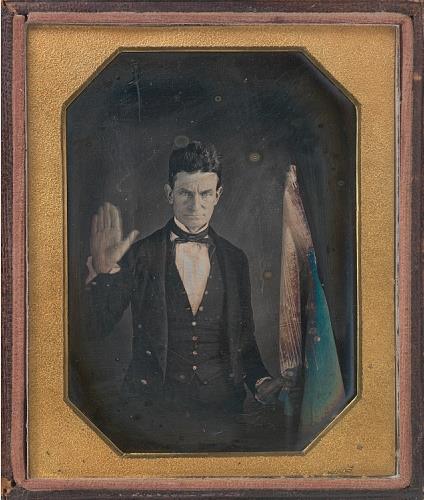
John Brown: A Portrait of Violent Abolitionism - Connecticut History

The Complexities of Slavery in the Nation's Capital - White House Historical Association

Session with Gilder Lehrman Institute Teacher Seminar
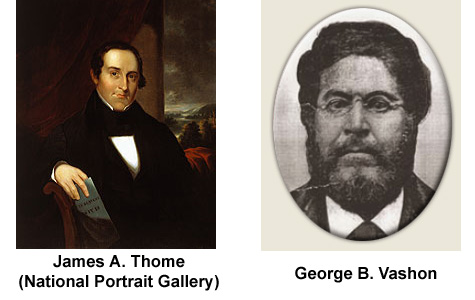
Oberlin Heritage Center Blog

20 Best-Selling US Slavery History Books of All Time - BookAuthority

Mary Prince, A West Indian Slave

PDF) Servitude and the Changing Face of Demand for Labor in the Indian Ocean World, c.1800-1900

Reckoning with Slavery in US Intellectual History and in the